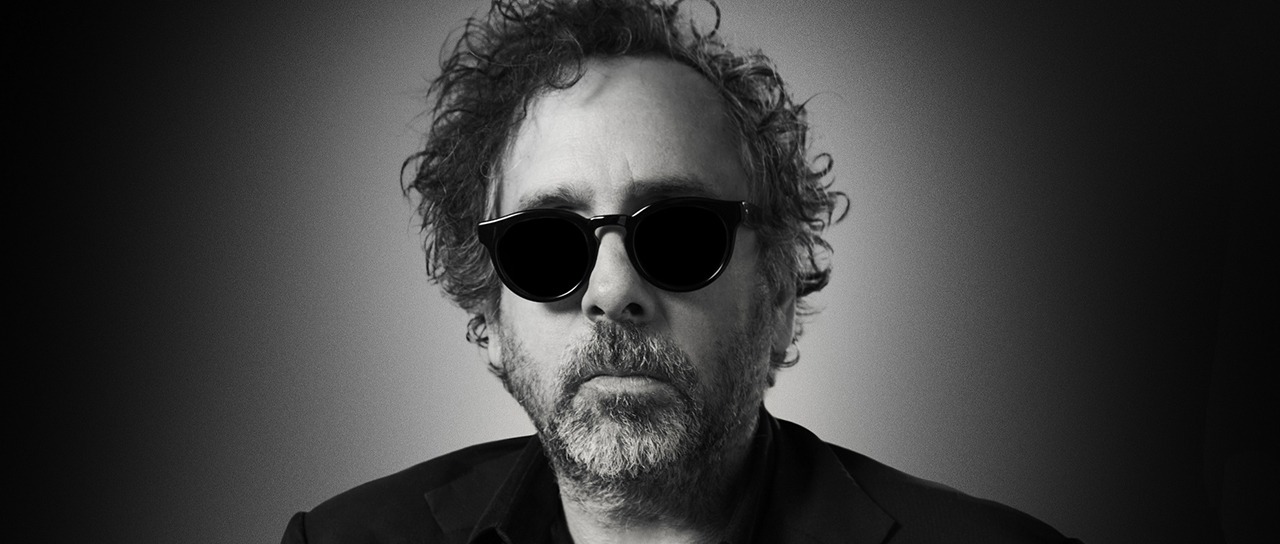In a culture where we are inundated with information about celebrities and the fairly private aspects of their personal lives, should we let this information and scandal influence our experience of their art? Last week, while speaking to Bustle about why there was a lack of diversity in his films, acclaimed director Tim Burton had this to say: ‘Nowadays, people are talking about it more’, he says regarding film diversity. But ‘things either call for things, or they don’t. I remember back when I was a child watching The Brady Bunch and they started to get all politically correct. Like, OK, let’s have an Asian child and a black. I used to get more offended by that than just… I grew up watching Blaxploitation movies, right? And I said, that’s great. I didn’t go like, OK, there should be more white people in these movies’. This is quite clearly a troubling view to take, as it suggests that white is the default and that by casting an actor of a different ethnicity he would be adding an attribute to the character. This indicates he believes an actor who isn’t white can only play a role that panders to racial stereotypes. Burton’s words made it strikingly clear that he does not understand the issues surrounding race.
It’s especially saddening that someone so widely revered by self-identifying outsiders has failed to understand the complications surrounding real marginalised groups. No one complained about there being no whites in Blaxploitation films because that was kind of the point. They were a social commentary, a way to respond to 70s Hollywood and speak to a marginalised group of people’s frustration with the world. So yes, Tim Burton is tone deaf when it comes to race, and would quite clearly rather focus his artistic energy on imaginary marginalised groups, like men with scissors for hands. But does this mean we should boycott Miss Peregrine’s Home for Peculiar Children like the good people on Twitter are rallying for? I don’t believe so. This isn’t because I don’t agree with those who have criticised his statement, it’s rather because I don’t believe an artist’s personal views should come into play when experiencing their art. Art should always be divorced from the artist. This concept was popularised in the 19th Century by Théophile Gautier. ‘Art for art’s sake’ sought to establish the value of art as art, and also that artistic pursuits did not need moral justification and were even meant to be morally neutral or subversive. This separation of the art from the artist is necessary when considering the sheer amount of icons whose behaviour in their personal life has been truly deplorable. John Lennon’s domestic violence even finds it’s way into his music. In “Getting Better” he sings, ‘I used to be cruel to my woman I’d beat her and kept her apart from the things that she loved’. It’s still possible to enjoy The Beatles in spite of Lennon’s notoriously horrible nature.
The same can be said for Woody Allen. The director met his current wife, Soon-Yi when she was 7 years old, after his partner at the time, Mia Farrow, adopted her from Korea. Their father-daughter relationship later developed into something far more lascivious. However, this uncomfortable information paired with all of his sexual abuse allegations shouldn’t detract from your enjoyment of his canonical masterpieces. This line of argument is difficult to digest when thinking of more extreme cases. I don’t think there are many people watching re-runs of Jim’ll Fix It knowing what we know now about Jimmy Savile. So where do we draw the line? And really, what are the implications of removing the question of morality from cultural art forms? If we continue to endorse artists who do not use their position in the public eye wisely, our progression and growth as a society may be stunted. I guess it’s important to have everyone’s voice heard – enjoy their art for what it is and take solace in the fact that your idols are imperfect.

